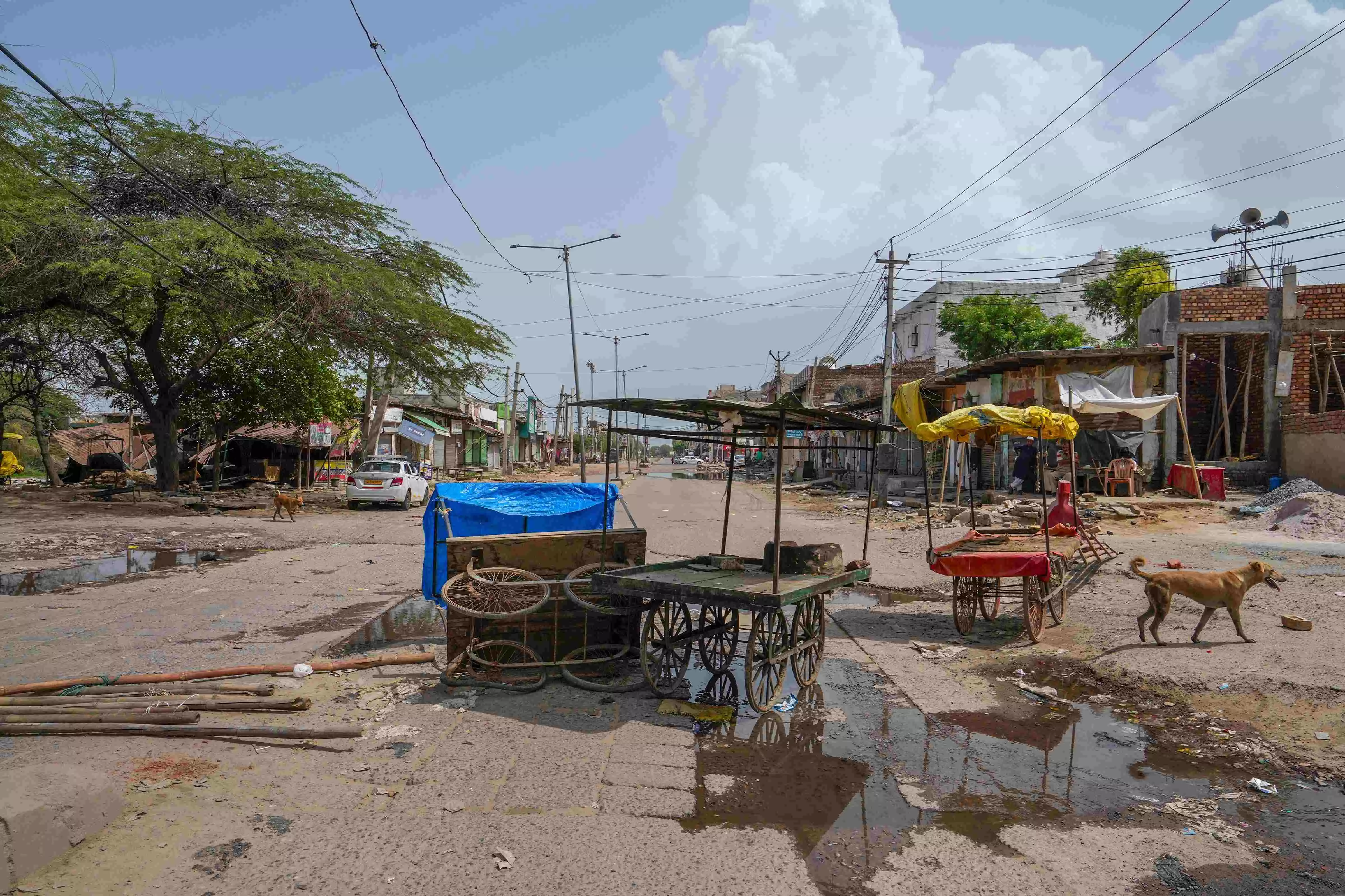Unity for amity

As the global spotlight turns towards the upcoming G20 Summit in Delhi, a sigh of relief emanates from the Nuh region of Haryana. The timely containment of a possible volatile situation in this area stands as a reassuring development in the face of potential communal flare-ups. The credit for this aversion rests upon two critical pillars — the resolute stance of the administration and the proactive involvement of anti-polarisation groups, notably the farmers' collectives. The farmers from the Khap community, who wield significant influence in the political landscape of the state, held extensive congregations to counter the tide of boycott calls against Muslims. This is a testimony to the fact that if a significant section of society stands united against communal hatred, negative developments can be averted to a great extent. What unfolded in Nuh over the last month was ugly. Nuh has been a region where both Hindus and Muslims used to live in exemplary amity, even participating in and assisting each other’s religious practices. The violence that was ignited at the end of July appears to have resulted from a cocktail of factors that merit thorough assessment and retrospection. Any simplistic narrative doesn’t suffice. Besides solidarity by farmers’ groups, a strict response from the administration proved even more vital in containing the potential escalation between Hindus and Muslims in the region. The Haryana government rightly denied permission to right-wing groups to hold another ‘Shobha Yatra’ in Nuh on Monday, and appropriate deployment of police forces ensured that the order was duly implemented. Such an intervention was imperative as adjoining Delhi gears up for the much-awaited G20 Summit. Undoubtedly, these recent positive developments are reassuring, but they should not blind us to the disconcerting undercurrents that persist. The stubborn insistence of certain right-wing Hindu groups on conducting the Shobha Yatra, despite administrative restrictions, is a cause for concern. While it is important to respect diverse cultural expressions, it's equally crucial to prioritise the peace and security of the community. It's disheartening to witness the disregard for such sensitivities, which could potentially trigger unrest. Another troubling aspect is the overt politicisation of the situation. The period of unrest saw a conspicuous lack of engagement from the central leadership, raising questions about their role during times of crisis. On the other hand, the state's home minister has propagated speculative narratives, implicating the opposition Congress in the instigation of the July violence. Such attempts to shift blame without concrete evidence only serve to exacerbate the tension and hinder the pursuit of truth and justice. It may be recalled that the same home minister had initially dismissed any link between the communal clashes and Monu Manesar’s scheduled visit during the July yatra. Monu Manesar, a self-proclaimed cow vigilante, faces accusation of heinous murder of two Muslim cattle traders. The state administration's reluctance to acknowledge his role raises concerns about the objectivity and transparency of the investigation process. To foster trust within the community and the nation at large, it is important that investigations be thorough, unbiased, and just. For the time being, the situation in Nuh appears to have come under control, offering a glimpse of respite to its beleaguered residents. As the G20 Summit approaches, there is a collective hope that peace and harmony will be restored substantially, leaving a lasting positive impact on the region. However, this should not lead to complacency. The underlying issues that led to this unrest need to be addressed comprehensively to prevent future flare-ups. The aversion of a potential conflict at this point in time underscores the significance of robust administrative action and the strength of collective voices in safeguarding communal harmony. As a nation, we must recognise that our diversity is our strength, and it is incumbent upon us to protect it from divisive forces. The global attention garnered by the upcoming G20 Summit also demands that we portray a united and harmonious front to the world. To sum up, the episode in Nuh serves as a valuable lesson that the prevention of communal clashes is attainable through the confluence of determined governance and societal cohesion. We must confront the challenges of communal hatred and divisive politics head-on, employing the twin tools of justice and unity. As we anticipate the international dignitaries gathering in Delhi, let us pledge to present a nation that celebrates its diversity, cherishes its communal harmony, and stands as a shining example of amity and brotherhood.



